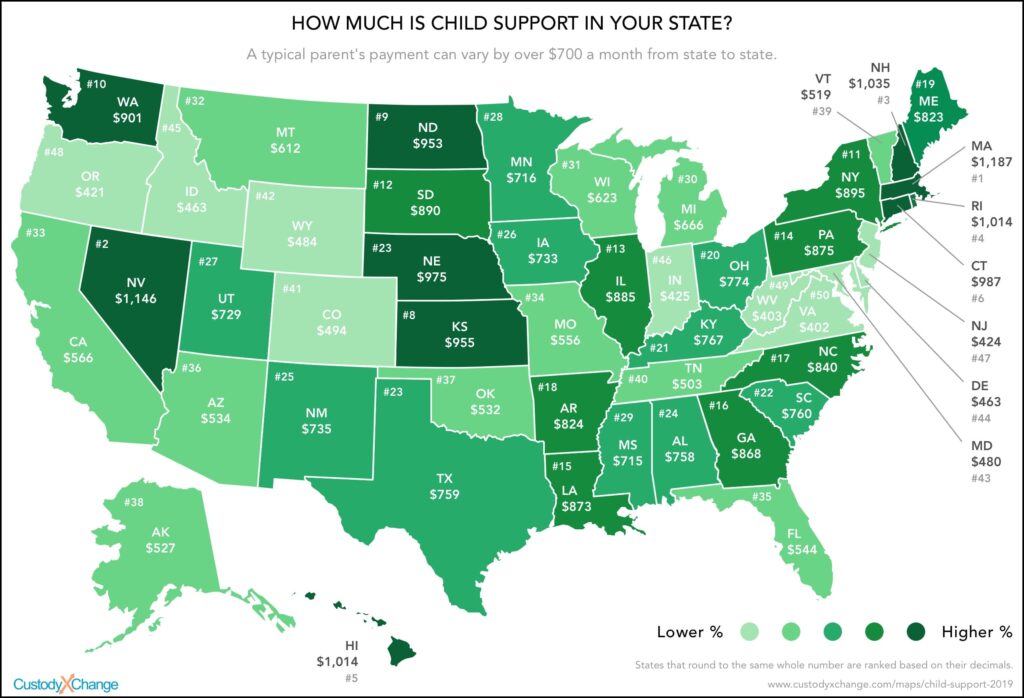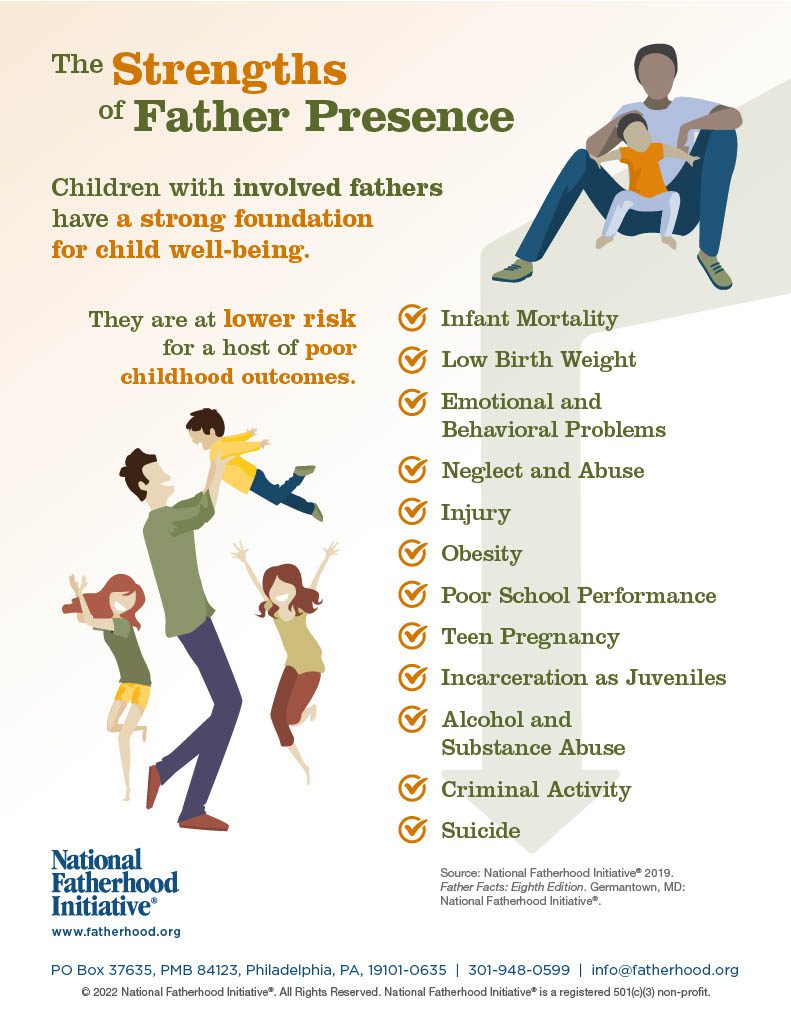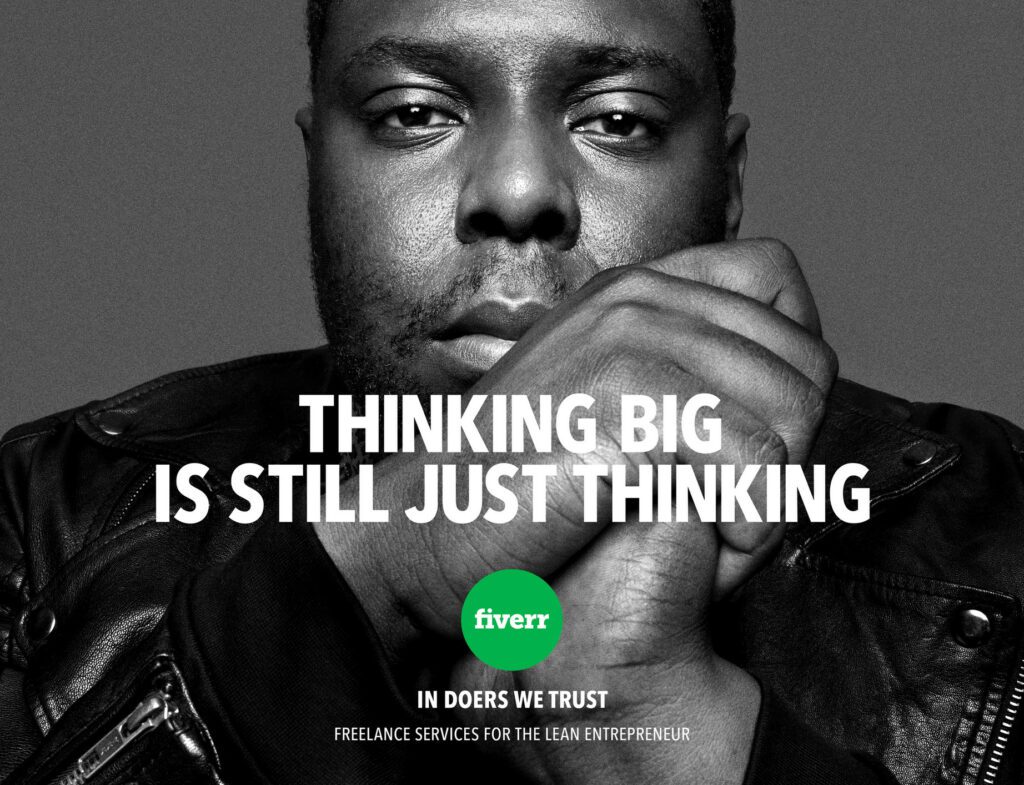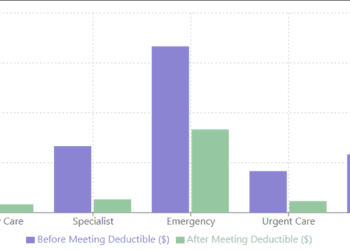Introduction
Fatherhood is a cherished role that comes with immense responsibility and influence. However, not all fathers rise to the occasion, and some fall short, becoming what society refers to as “deadbeat dads.” In this blog post, we will explore the concept of deadbeat dads and shed light on why their detrimental behavior can have long-lasting consequences on children’s lives. It is crucial to understand the significance of involved and responsible fatherhood to create a nurturing environment for our future generations.
Understanding Deadbeat Dads
A deadbeat dad is a term used to describe a father who neglects his parental responsibilities, particularly in terms of financial support and emotional involvement. These fathers often fail to provide financial assistance, spend quality time with their children, or offer emotional support necessary for their well-being. This abandonment can leave a profound impact on the lives of their children, both in the short and long term.

The Financial Aspect
One of the primary ways deadbeat dads neglect their responsibilities is through financial abandonment. They shirk their duty to provide financial support for their children, leaving the custodial parent to bear the entire burden. This lack of financial assistance can push single mothers into poverty and create a stressful environment for the children involved.
According to recent statistics1, the average annual child support payment in the United States is $3,900, which is far below the actual cost of raising a child. These inadequate payments, coupled with non-payment or sporadic payment, contribute to the financial strain experienced by custodial parents and the children they care for.
Chart 1: Child Support Payments Comparison

Emotional Abandonment
Apart from the financial impact, deadbeat dads also emotionally abandon their children. Emotional support plays a vital role in a child’s development, shaping their self-esteem, emotional well-being, and social interactions. When a father fails to provide this support, children may grow up feeling neglected, unloved, and disconnected.
The absence of a positive father figure can lead to various psychological issues, including low self-esteem, behavioral problems, and difficulties forming healthy relationships later in life2. Additionally, children may experience feelings of resentment, anger, and a sense of inadequacy due to the emotional void left by their absent fathers.
The Ripple Effect
The repercussions of deadbeat dads extend beyond their immediate families. The absence of responsible fatherhood affects society as a whole. Children who grow up without positive father figures are more likely to engage in delinquency, substance abuse, and experience educational difficulties3. The cycle continues as they become parents themselves, perpetuating the negative effects of absentee fatherhood.
The impact is not limited to boys; girls who grow up without involved fathers may struggle with issues such as low self-esteem and unhealthy relationships, seeking validation and love in inappropriate ways. The absence of a father’s guidance can leave young girls vulnerable to exploitation and manipulation4.
The Importance of Responsible Fatherhood
It is essential to emphasize the value of responsible fatherhood and the positive impact it has on children’s lives. Involved fathers contribute to their children’s overall well-being and development in numerous ways. They provide emotional support, serve as role models, and offer guidance and discipline when needed.
Chart 2: Impact of Involved Fathers on Children’s Well-being

Positive Role Models
Fathers who actively participate in their children’s lives set positive examples for their behavior and choices. They demonstrate respect, empathy, and responsibility, teaching their children essential life skills. Studies have shown that children with involved fathers tend to perform better academically, have higher self-esteem, and exhibit healthier social interactions5.
Emotional Well-being
Fatherly love and guidance contribute significantly to a child’s emotional well-being. Involved fathers create a sense of security and stability, fostering resilience and coping skills. They provide a safe space for their children to express their emotions, fostering emotional intelligence and self-awareness.
Nurturing Relationships
Fathers who prioritize their role as caregivers and actively engage in nurturing activities strengthen the parent-child bond. These bonds become the foundation for healthy relationships throughout the child’s life. Research has shown that children with involved fathers are more likely to form stable and satisfying relationships as adults6.
Breaking the Cycle
To break the cycle of absentee fatherhood and its detrimental effects, society must address the issue holistically. Providing support systems for single parents and establishing initiatives that encourage responsible fatherhood can make a significant difference.

Legal Interventions
Legal systems play a crucial role in holding deadbeat dads accountable for their actions. Stricter enforcement of child support laws and penalties for non-compliance can incentivize fathers to fulfill their obligations. Governments and organizations can also establish programs that provide resources and guidance for fathers to learn about their responsibilities and acquire necessary parenting skills.
Community Support
Communities can create support networks that offer emotional and practical assistance to single parents and their children. This includes access to counseling services, mentorship programs, and educational opportunities. By fostering an environment of understanding and support, communities can help fill the void left by absent fathers.
Education and Awareness
Raising awareness about the importance of responsible fatherhood is crucial in changing societal norms and attitudes. Schools, media campaigns, and community outreach programs can educate individuals about the negative consequences of absentee fatherhood and the benefits of involved fatherhood. Promoting healthy relationships and parenting practices can create a cultural shift that values and encourages responsible fatherhood.
Bottom Line
The impact of deadbeat dads on children’s lives is far-reaching and profound. Financial abandonment and emotional neglect can lead to long-lasting negative consequences, affecting not only the children but also society as a whole. Recognizing the importance of responsible fatherhood and taking proactive steps to support single parents and foster involved fathers is vital. By breaking the cycle of absentee fatherhood, we can create a brighter future for our children, filled with love, stability, and opportunities for growth.
“The greatest mark of a father is how he treats his children when no one is looking.” – Dan Pearce

References
Footnotes
- Child Support Statistics. Retrieved from Custom X Change ↩
- Palkovitz, R. (2018). Fatherhood and masculinity: The Role of Men in Parenting and Family Health. Journal of Family Theory & Review, 10(4), 497-507.
- Johnson, E. I., & Waldfogel, J. (2002). Parental incarceration: Recent trends and implications for child welfare. Social Service Review, 76(3), 460-479.
- Anderson, K. G., & Kohler, J. K. (2015). Low-income fathers and “responsible fatherhood” programs: A qualitative investigation of participants’ experiences. Journal of Marriage and Family, 77(1), 119-134.
- Sarkadi, A., Kristiansson, R., Oberklaid, F., & Bremberg, S. (2008). Fathers’ involvement and children’s developmental outcomes: A systematic review of longitudinal studies. Acta Paediatrica, 97(2), 153-158.
- Amato, P. R., & Gilbreth, J. G. (1999). Nonresident fathers and children’s well-being: A meta-analysis. Journal of Marriage and Family, 61(3), 557-573.















































